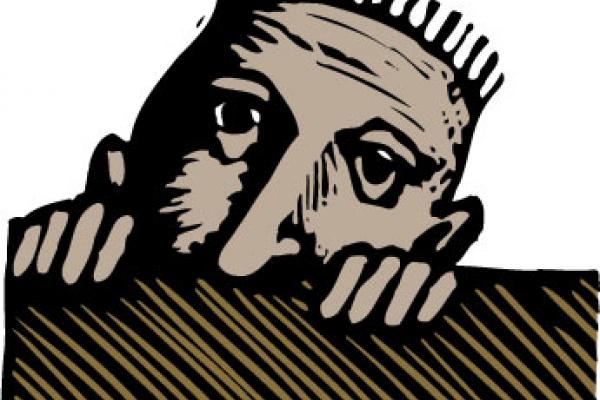Our culture's shift around its relationship to shame and guilt can be traced to the broad influence that psychology has had on Western culture over the past century. That is, the reason we have become so sensitized to guilt and shame today in our culture comes from the practical insights of psychologists: As they worked to help people face their hurtful and dysfunctional behaviors, psychotherapists observed that their attempts to help were often met with resistance. Early on Freud referred to this phenomenon as "denial," but regardless of the terminology we use, this is a dynamic therapists have recognized over and over and again because it is, quite simply, one of the most basic elements of human psychology: When we feel threatened we get defensive.
As a result of this dynamic, psychotherapists have found that people actually have struggles on two simultaneous fronts: One struggle is with their negative behavior patterns that hurt themselves and others. The other struggle is the feelings of shame and self-hatred that often accompany these. In fact, the two are frequently intertwined in a destructive spiral where feelings of shame lead to doing things to dull that emotional pain, which then lead to more feelings of shame, and round and round it goes.
Read the Full Article

